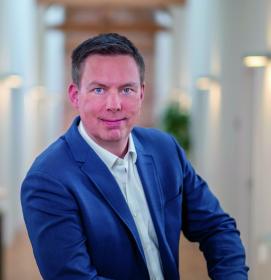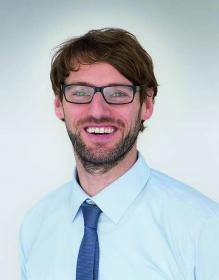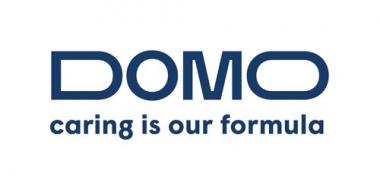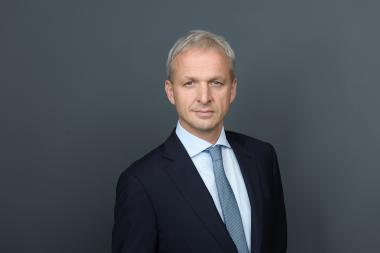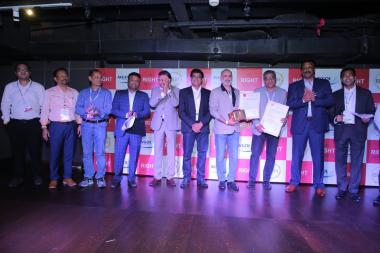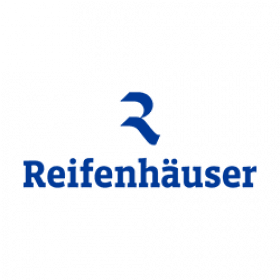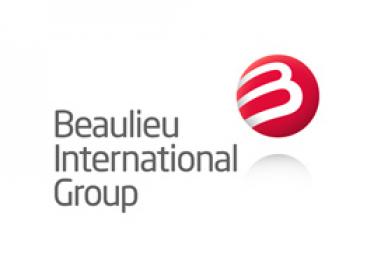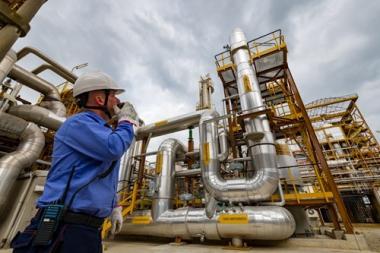ArdAzAei: Couture collection ‘Midnight in the Persian Garden’
The new Swedish luxury womenswear brand presented its first couture runway show, ‘Midnight in the Persian Garden’, in the Salle des Textiles of Paris’ Musée des Arts et Métiers on Thursday, July 7th at 10.30am CET.
As earthly manifestations of an imaginary paradise, where architecture and horticulture were brought together into meticulous perfection, the Persian garden was the point of inspiration for ArdAzAei’s debut couture collection.
A poetic ode to the transcendent beauty of nature, ‘Midnight in the Persian Garden’ honours the incredibly complex systems of engineering required to create such sublime spaces through couture’s intricate techniques of smocking, pleating, embroidery, and appliqué.
An evening wear collection of red-carpet gowns and cocktail dresses, tailoring, jewellery and accessories, the collection sees a recurring reference to the Persian Rose and the Parrot Tulip, with the flowers informing silhouettes, three-dimensional sculptural forms, and elaborately embroidered jacquard.
Sharp tailoring in the form of contemporary women’s suits see sleek jackets and flared pants with hypnotic floral patterning evoking the undulating chaos of nature’s rhythms.
Another key theme running throughout the collection is the dynamic between mathematic forms of composition—a key element of Persian garden architecture—and the craft of the handmade, evident in crystal sequins custom-cut to the lines of the ArdAzAei logo, designed by M/M (Paris), which are then hand-embroidered to create organic forms.
The dynamic is also evident in an evening dress which sees 60 metres of fabric pleated and cut into geometric shapes appliqued to its top, while 100 hand-painted pleated fans go into the construction of its flared skirt.
In order to realise such intricate forms of construction, the collection is made in France in collaboration with highly skilled couture artisans focused on upholding the highest craftsmanship and material standards. The show venue, the ‘Salle des Textiles’ at the Musée des Arts et Métiers, pays homage to the country’s rare artisanal expertise.
“I have been searching for the long-lasting beauty and respect for nature that you’ll find in the Persian garden, some of which date back to as early as 4,000 BC,” says Bahareh Ardakani, ArdAzAei’s founder and creative director.
“This is reflected in our endeavours to certify part of our collection to the Global Organic Textile Standard (GOTS), and why this collection is made in France with the country’s leading couture artisans. Every detail is precious, and we want to express the feeling of walking through a Persian garden in the midnight to the smallest of details.”
With ateliers in Paris and Stockholm, ArdAzAei is where Persian heritage, Swedish modernism and French savoir-faire collide.
As a luxury womenswear brand engaged in the search for the sublime, ArdAzAei eschews trend-based consumption to instead offer made-to-measure couture, and one prêt-à-porter collection of formalwear per year, released in drops according to the seasons on the digital flagship ArdAzAei.com
ArdAzAei focuses on working with textile suppliers that can reveal the details of the origins and processes behind its products, tracing each fabric right through the supply chain of raw materials, yarn spinners, weavers, print and dying techniques.
Ardazaei AB







